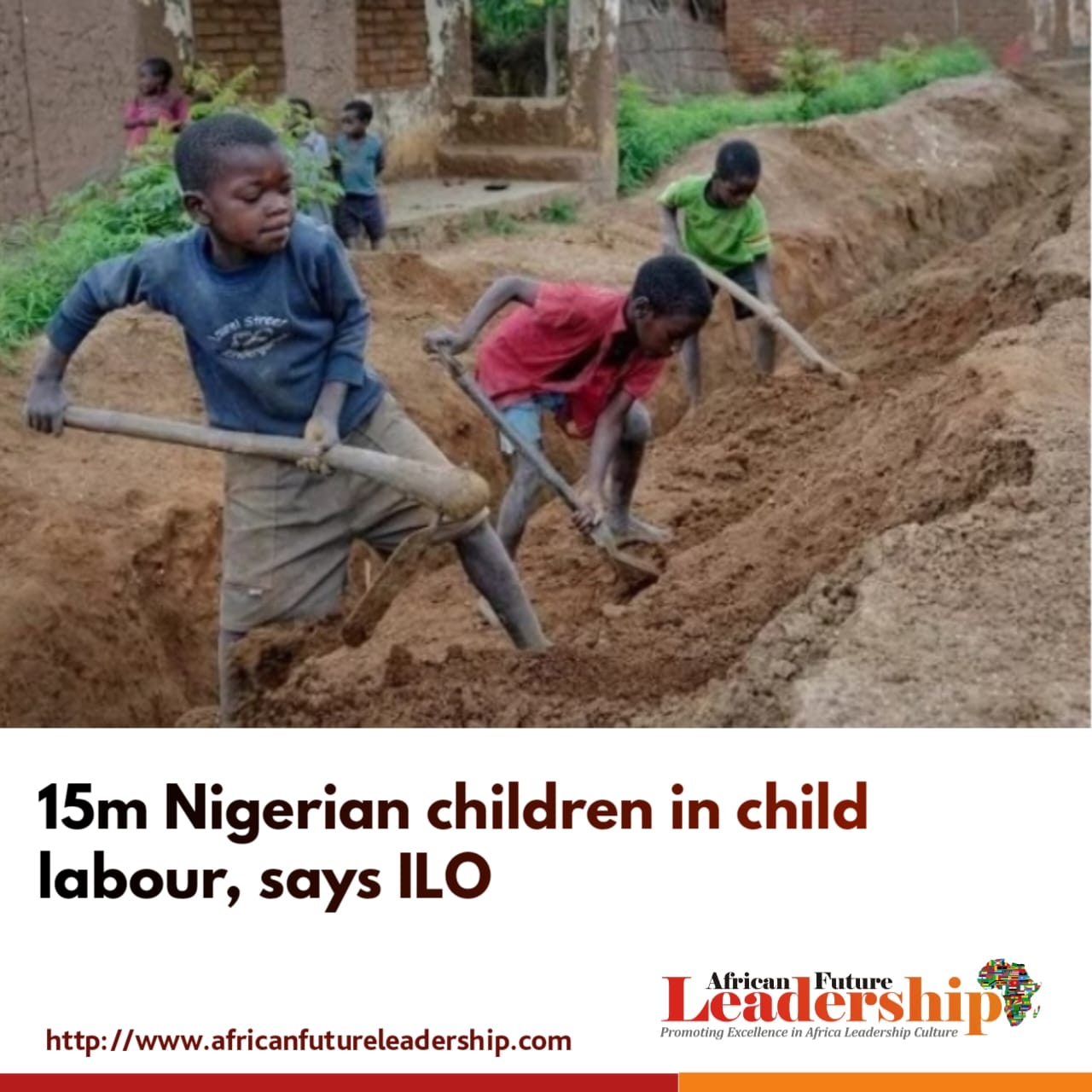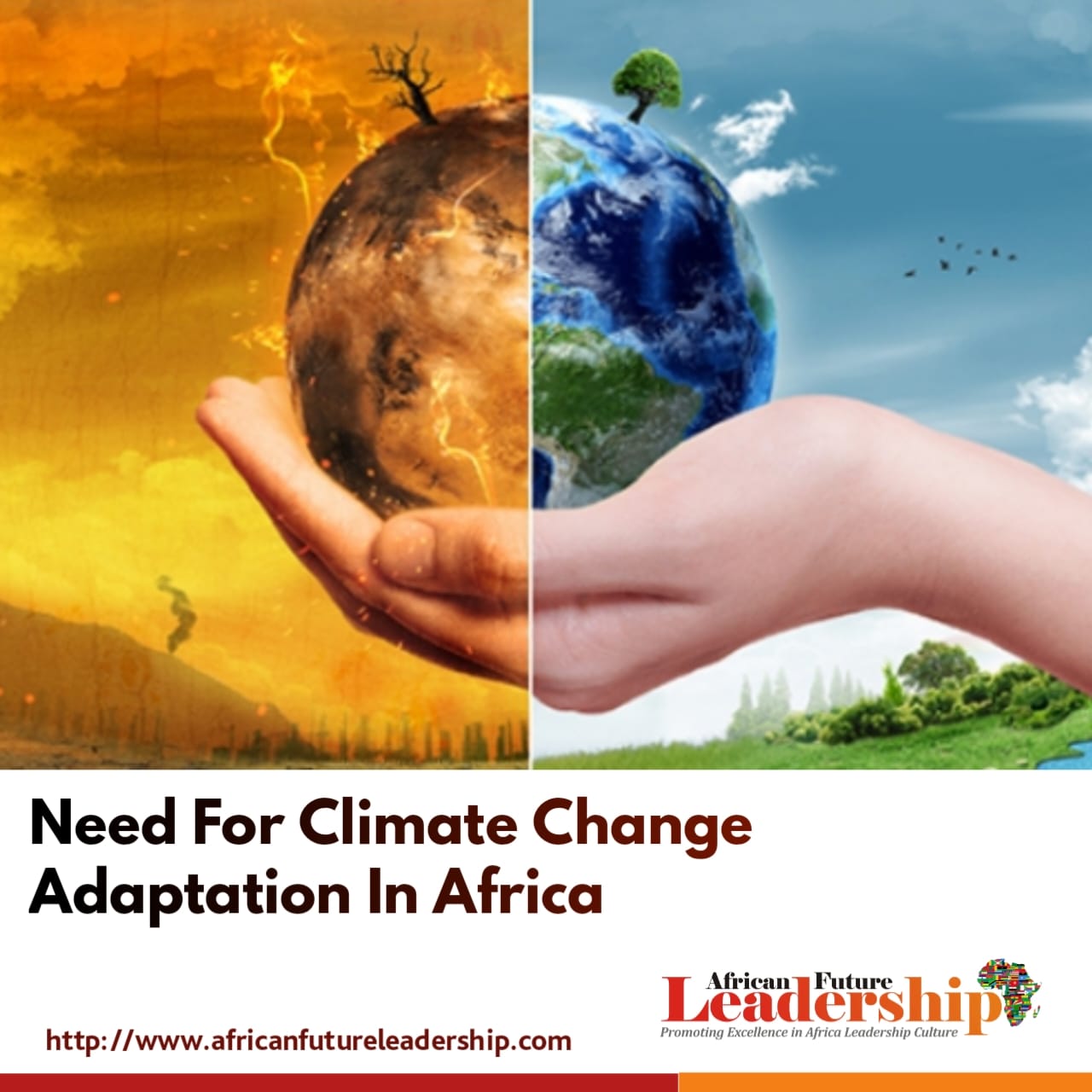As the world economic climate continues to get stiffer, the International Labour Organisation, ILO, has said no fewer than 15 million children are engaged in child labour in Nigeria.
In this regards, the Nigeria Employers’ Consultative Association, NECA, listed communities in Niger, Ondo and Osun states where child labour practices are prevalent.
The Director of ILO Country Office for Nigeria, Ghana, Liberia, and Sierra Leone and Liaison Officer for ECOWAS, Vanessa Phala, said at the launch of “Child Labour Guidance Tool For Businesses In Nigeria”, that from 2015, when the ILO and International Organisation for Employers, IOE, released practical guidance for employers, explaining how to identify child labour and prevent it in businesses, the crisis has escalated.
The ILO director expressed confidence that the effective implementation of the guide would address the challenges of child labour supply chain.
In her words: “In Nigeria, not less than 15 million children are engaged in child labour, and half of this number is bearing the heavy burden of hazardous work. Before I continue, permit me to inform you that the report of the National Child Labour and forced labour survey will be released soon.
She said that, “In the past two years, Nigeria has achieved some milestones in the elimination of child labour. However, there is a need for more concerted efforts if we need to achieve zero tolerance for child labour. We are hopeful that, as employers of labour, this guidance tool would serve as a constant reminder that eliminating child labour is a collective responsibility and you have an important part to play in the campaign to achieve the Sustainable Development Goal Target 8.7.
Accordingly, “With the direct support of NECA, the ILO’s ACCEL (Accelerating action for the elimination of child labour in supply chains in Africa) Project has organised a series of interventions, including conducting studies, developing guides and capacity building of child labour focal persons in NECA member companies; formalisation of associations in the cocoa and mining sectors to ensure the institutionalisation of fair labour practices and decent work; and advocacy for increased allocation of corporate social responsibility resources towards anti-child labour initiatives.”
READ MORE: Stakeholders Demand Rapid Interconnectivity of Economic Sectors
The President of NECA, Taiwo Adeniyi noted earlier, that the launch is a milestone for our country and the lifetime of the ‘Accelerating action for the elimination of child labour in supply chains in Africa’ Project. It is indeed, a major achievement in the ongoing activities aimed at promoting the elimination of Child Labour in the Cocoa and Artisanal Small-Scale Gold Mining, ASGM, sectors in Nigeria through the ACCEL Project.
And represented by NECA’s First Vice President, Kunle Oyelana, Adeniyi noted that Nigeria has since implementation from 2020 to date, strengthened and deepened the capacity of organisations and key stakeholders in the organised private sector on the urgent need to eliminate Child labour practices and its impact from global supply chains in our country and the rest of the world.
As he put it,, “There is no doubt that the project has positively impacted the focus areas in Nigeria, including communities in Niger, Ondo and Osun states where child labour practices are prevalent. Many children work for long hours in dangerous and unhealthy environments, carrying too much responsibility for their age. They work with little food, small pay, no education and no medical care, thereby establishing a cycle of child rights violations. This is in spite of Nigeria’s ratification of the ILO’s Child Labour Convention 138 on the Minimum Age for Admission to Employment, and Convention 182 on the Worst Forms of Child Labour.
He stated further that “NECA, as a premier Employers’ Association and the Voice of Business in Nigeria, would continually advocate and create awareness amongst the actors in the supply chain, about adverse hiring practices of suppliers and the benefits of responsible businesses without child labour. We strongly believe that employers should be at the forefront of promoting best practices.’
Imperatively, and appreciating the value this project has brought to businesses in the organised private sector, he said “on behalf of the Governing Council and management of our association, let me use this opportunity, to recognise and appreciate the invaluable contribution of the sponsors and key stakeholders of the ACCEL Africa Project – the ILO; the Ministry of Foreign Affairs and government of the Netherlands; the Federal Government of Nigeria represented by the Federal Ministry of Labour and Employment; our Social Partners – the Nigeria Labour Congress, NLC, Trade Union Congress, TUC, and other civil society organisations for their passion and commitment to the success of the project.”




